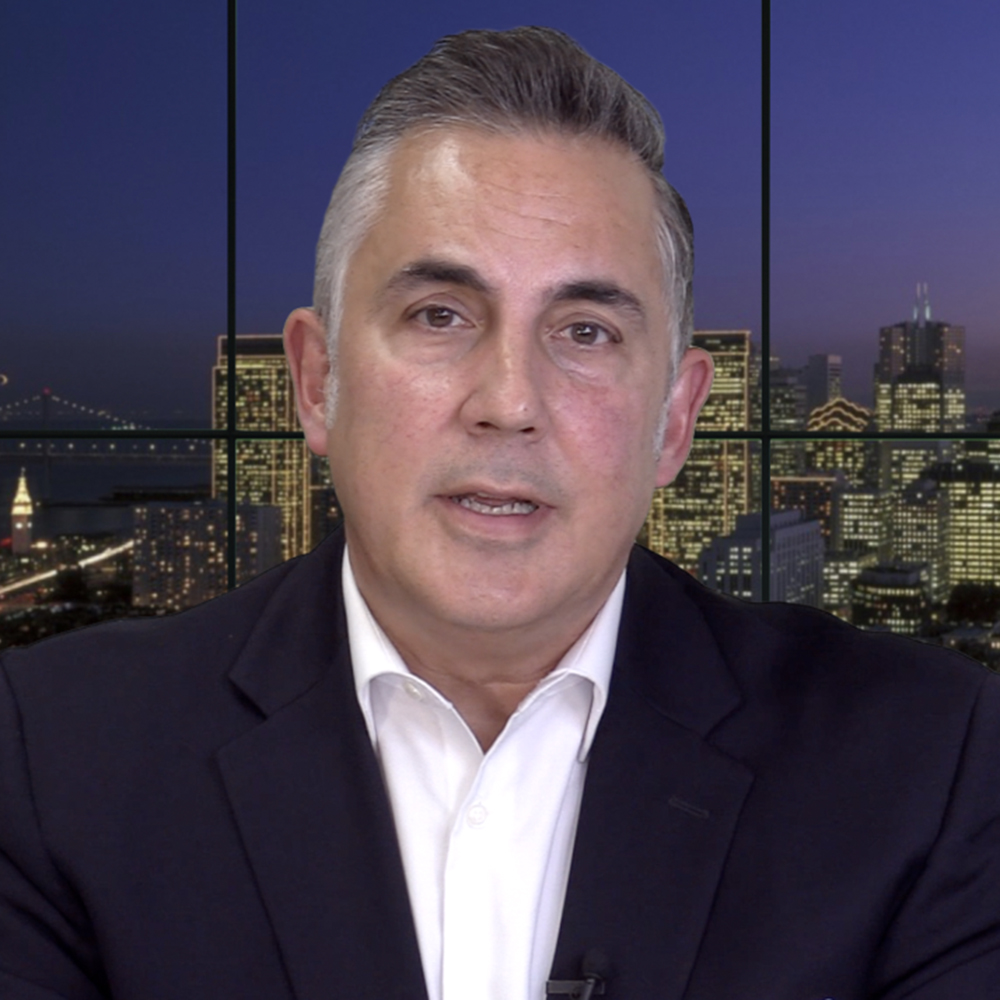[vimeo id=”162120075″ width=”625″ height=”352″]
New Definition of Fiduciary Could Require Discussion of Home Equity
 It is a game-changer for financial professionals and possibly for reverse mortgage professionals alike. An expected change of the fiduciary rule by the Department of Labor will place many previously exempt financial professionals under the obligation to act in the best interest of their clients, presenting all possible and prudent options.
It is a game-changer for financial professionals and possibly for reverse mortgage professionals alike. An expected change of the fiduciary rule by the Department of Labor will place many previously exempt financial professionals under the obligation to act in the best interest of their clients, presenting all possible and prudent options.
Last June’s episode “Still Ignoring the Largest Asset” lamented the fact that many financial professionals often ignore the potential use of home equity in retirement planning despite the potential consequences. That could be changing quickly thanks to a new definition of a fiduciary under the Employee Retirment Income Security or ERISA Act. The rule would include those who work with their client’s Individual Retirement Accounts or IRA’s. Under ERISA’s rules a fiduciary extends beyond a person managing assets but also to those giving investment advise for a fee or through other compensation. Advisors looking at the sustainable withdrawals from an IRA could be obligated to bring home equity or a reverse mortgage into the conversation.
“The future is not going to look like today. The fiduciary rule is happening and it’s going to require conversations…”
Download a transcript of this episode here.
Looking for more reverse mortgage news, commentary and technology? Visit ReverseFocus.com today.









5 Comments
The key word here being “Prudent”. Under the ‘Prudent Man Rule’, I would think that selecting or recommending a particular type of qualified investment, (i.e. if a HECM qualifies), superceeds the need to discuss “all” possible types of investment alternatives by advisors.
Until the HECM mortgage makes the Prudent Man Rule list, it may continue to remain on the outside of the conservative planner’s choice.
The question that might better need to be addressed is how do we get a premium industry leadership or institution such as the Wharton School of Finance to endorse the product? Until then, I’d guess its use will still be limited to educated risk takers or as ‘last resorts’. jf
When will be new ERISA rule be effective?
Effective date?
Compliance is required and the new definition is enforceable one year after the new rule is recorded in the federal register (April 2017).
http://www.chapman.com/insights-publications-Department_of_Labor_Rule_Fiduciary_Advice.html
Dr. Hopkins is giving the proposal an extreme interpretation when he says: “The fiduciary rule is … going to require conversations across industry silos, including reverse mortgages and home
equity.” It is the one the industry would like to believe is true but seems too extreme at least based on the information available to us at this time particularly when it comes to anything related to a principal residence.
One almost has to read into the rule that a decision to take or not take distributions from a plan or IRA is covered in this proposal. Unless the same advisor who is advising a beneficiary on distributions has also been engaged to advise on specific plan or IRA asset action, to say that the proposal will allow DOL to oversee distribution planning in a broader context appears to be overreach. I say this in two regards, both as a paid advisor to plan participants and as a CPA who formerly advised large Taft-Hartley negotiated single employer and multiemployer employee benefit plans on their asset management in the context of a financial audit. Based on exemptions within the proposal, it is hard to find how those services will be impacted by the proposal other than in referring those who provide plan asset management services. Further, having advised on 1) annuitization of plan assets for a defined benefit plan with thousands of participants and beneficiaries and 2) termination of defined contribution plans and the distribution of their assets, based on exemptions within the proposal, it is hard to find how those services will be impacted by the proposal other than annuitization advice.
DOL has stated its intention to provide specific guidelines throughout the approval process perhaps we will find out how far this proposed increase in oversight will stretch.
Without further information, I would not advise those potentially added to DOL oversight that they are somehow required to bring up either principal residences (an asset which cannot be held by a plan or an IRA) or home mortgages due to the change. Except for ownership of debt and certain debt related to qualified real estate held in plans or IRAs, DOL has never shown any propensity to look into principal residence mortgages in relation to decumulating plan assets. To say that is where the proposal will lead us cannot be validated except by way of speculation.